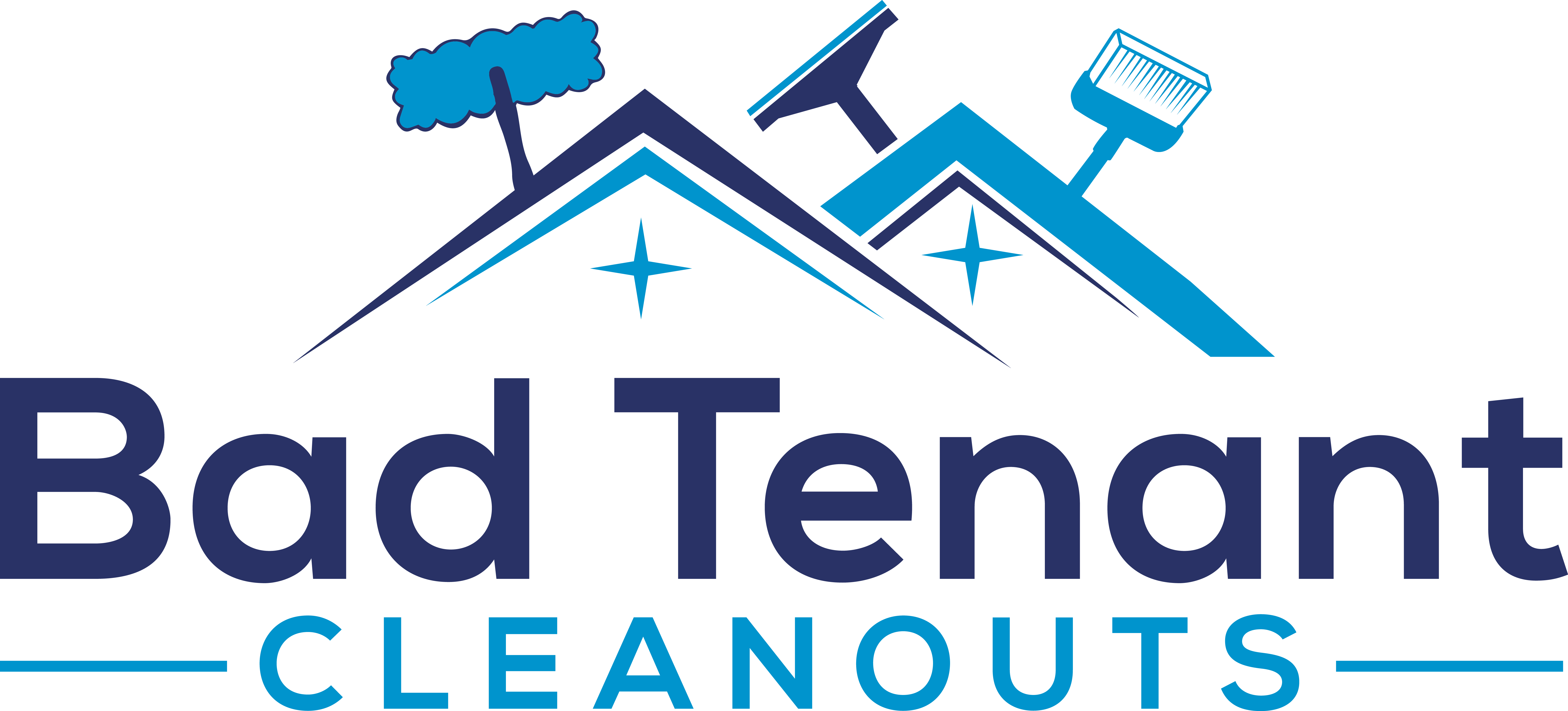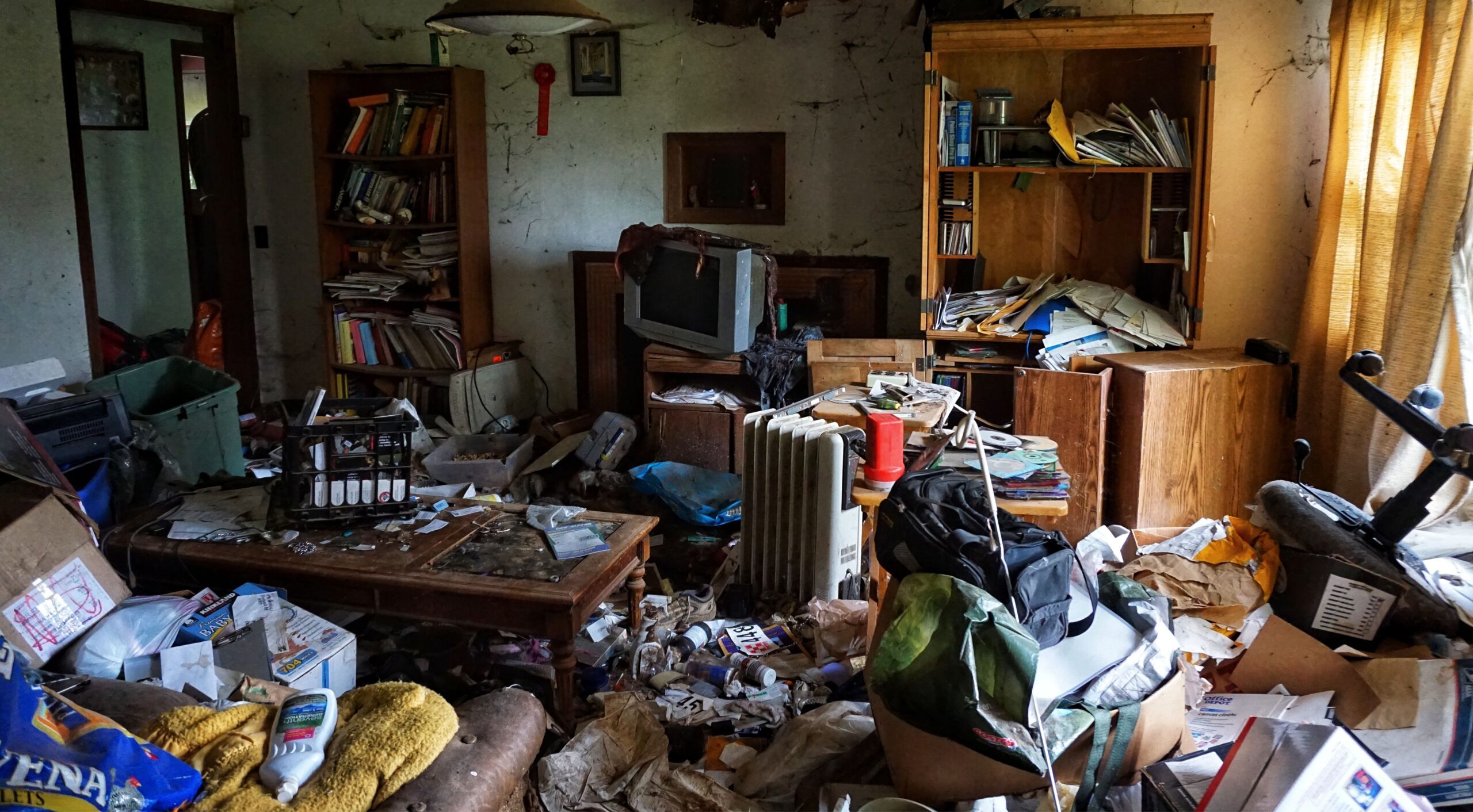A Comprehensive Guide to Renovictions in Ontario: What Landlords Need to Know
In Ontario, the concept of renovictions—evicting tenants under the pretense of renovating a rental unit—has gained increasing attention in recent years. A renoviction occurs when a landlord claims they need to evict a tenant to carry out major renovations or repairs, but in some cases, the eviction is not for genuine reasons and may be used to raise the rent or re-rent the unit at a higher price.
While landlords have the legal right to renovate and maintain their properties, they must adhere to strict regulations under Ontario’s Residential Tenancies Act (RTA) to ensure that any eviction is legitimate and not done in bad faith. Renovictions carry significant legal and financial risks for landlords, particularly if the eviction is deemed not to be genuine.
This guide will cover the key aspects of renovictions in Ontario, the process landlords must follow to comply with the law, and the risks associated with fraudulent or bad-faith evictions.
What is a Renoviction?
A renoviction occurs when a landlord evicts a tenant to carry out major renovations or repairs on a rental unit. Under Ontario law, landlords are permitted to terminate a tenancy if significant repairs or renovations require the unit to be vacant. However, the eviction must be genuine, and the renovations must necessitate that the tenant vacate the premises.
Form N13: Notice to End a Tenancy for Demolition, Repairs, or Conversion is the official form landlords must use to notify tenants of an eviction for the purpose of performing extensive renovations or repairs.
Legal Grounds for a Renoviction in Ontario
Landlords can evict tenants to conduct major repairs, but the Residential Tenancies Act (RTA) sets specific conditions for doing so. Here’s what you need to know:
1. Major Repairs or Renovations Are Required
- The renovations must be extensive and require that the unit be empty. Cosmetic or minor repairs, such as painting or replacing flooring, are not valid grounds for eviction.
- Examples of valid reasons include:
- Replacing the foundation.
- Overhauling the plumbing, heating, or electrical systems.
- Demolishing part of or the entire building.
2. Necessary Permits Must Be Obtained
- Before serving a tenant with Form N13, landlords must ensure that they have obtained all necessary building permits. This shows that the repairs or renovations are legitimate and approved by municipal authorities.
3. Right of First Refusal
- In cases where the renovations are temporary and the building is not being demolished, tenants have the right of first refusal. This means that once the renovations are complete, the tenant has the legal right to return to the unit at the same rent unless a rent increase has been approved by the Landlord and Tenant Board (LTB).
4. 120-Day Notice Period
- Tenants must be provided with at least 120 days’ notice before the termination of their tenancy. The notice must include the reason for the eviction and any relevant details about the renovations.
5. Compensation
- In most cases, landlords must provide tenants with compensation equivalent to one month’s rent or offer them an alternative rental unit. This is designed to mitigate the financial impact on tenants who are displaced due to renovations.
Risks for Landlords: Consequences of Not Conducting Genuine Renovations
Attempting a renoviction without legitimate grounds carries significant risks for landlords. The Residential Tenancies Act (RTA) and the Landlord and Tenant Board (LTB) are clear about the consequences of bad-faith evictions. Here’s what can happen if a landlord is found to have conducted an illegitimate renoviction:
1. Legal Penalties for Bad-Faith Evictions
- If a tenant believes that a landlord is evicting them under false pretenses—i.e., using renovations as an excuse to remove them—they can file a T5: Tenant’s Application – Landlord Gave a Notice of Termination in Bad Faith with the LTB.
- If the LTB determines that the eviction was not legitimate, the landlord could be ordered to pay significant compensation to the tenant. This can include:
- Up to 12 months of rent.
- The tenant’s moving expenses.
- Other damages for bad faith behavior.
2. Scrutiny from the Landlord and Tenant Board
- The LTB is highly attentive to potential renoviction abuses. If a landlord serves a tenant with Form N13 and subsequently fails to carry out the renovations or repairs, it raises red flags. Tenants can file a claim, and the LTB will investigate whether the eviction was conducted in bad faith.
3. Financial and Reputational Costs
- Aside from potential penalties, landlords face the risk of reputational damage and financial loss if they attempt a bad-faith renoviction. Repeated violations can make it difficult for landlords to maintain positive relationships with future tenants or deal with housing authorities.
4. Rent Control and Above-Guideline Increases
- Landlords hoping to use renovictions as a strategy to raise rent beyond what is permitted under rent control should be aware of the limits imposed by the RTA. While landlords may apply for an Above Guideline Increase (AGI) after conducting major renovations, they must justify the increase to the LTB, and the board often scrutinizes such requests.
- Illegitimate use of renovictions to remove rent-controlled tenants can lead to legal disputes and regulatory scrutiny.
Best Practices for Landlords: Conducting Renovations Legally
If you are a landlord planning to renovate a rental property, following these best practices can help you stay compliant with Ontario’s rental laws and avoid the risks associated with bad-faith renovictions:
1. Ensure the Renovations are Necessary
- Confirm that the renovations are truly major and require the tenant to vacate the unit. Cosmetic upgrades or minor repairs should be done with the tenant in place, and there is no legal basis to evict a tenant for such work.
2. Obtain All Required Permits
- Before issuing an N13 notice, make sure you have obtained all relevant permits from the local municipality. This demonstrates that the work is legitimate and meets legal requirements.
3. Communicate Openly with the Tenant
- Maintain clear and open communication with your tenant throughout the process. Explain why the renovations are necessary and provide them with the opportunity to exercise their right of first refusal if applicable.
4. Offer Compensation and Support
- Be prepared to offer the tenant one month’s rent or an alternative unit as compensation for the eviction. Offering this in a fair and timely manner helps reduce the risk of disputes or legal claims.
5. Keep Documentation
- Document every step of the renovation process, including permit applications, contractor agreements, and communications with tenants. Having detailed records can protect you in case of disputes or legal claims.
6. Follow Through with Renovations
- After evicting the tenant, it is critical that you follow through with the renovations as planned. Failure to carry out the work or attempting to rent the unit to a new tenant without completing the repairs can lead to serious legal consequences.
Alternatives to Renovictions
If you are a landlord and want to upgrade or improve your rental property without evicting tenants, consider these alternatives:
1. Renovate with the Tenant in Place
- For smaller, less invasive repairs, landlords can carry out renovations while the tenant remains in the unit. In some cases, landlords and tenants may negotiate temporary rent reductions or alternate living arrangements during the renovation period.
2. Offer Incentives for Voluntary Move-Out
- Some landlords may consider a cash for keys arrangement, where the tenant voluntarily agrees to leave in exchange for financial compensation. This can be a faster and less contentious way to regain possession of the unit without resorting to an eviction.
3. Temporary Relocation Agreements
- In cases where renovations are extensive but not permanent, landlords can explore temporary relocation options, allowing the tenant to return after the work is completed. This minimizes disruption for the tenant and ensures compliance with legal requirements.
Conduct Renovations Responsibly
For landlords, navigating renovictions in Ontario requires a thorough understanding of the Residential Tenancies Act (RTA) and a commitment to complying with legal requirements. While renovations are an important part of property management, landlords must ensure that their actions are not seen as an attempt to displace tenants unfairly or increase rent beyond the legal limits.
By following the proper procedures, obtaining the necessary permits, and offering fair compensation, landlords can minimize the risks associated with renovictions and maintain positive relationships with tenants. Attempting a bad-faith renoviction not only exposes landlords to financial and legal penalties but can also damage their reputation in the rental market.
Always consult with legal professionals or the Landlord and Tenant Board (LTB) if you are unsure about your obligations or rights during the renovation and eviction process.


